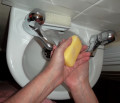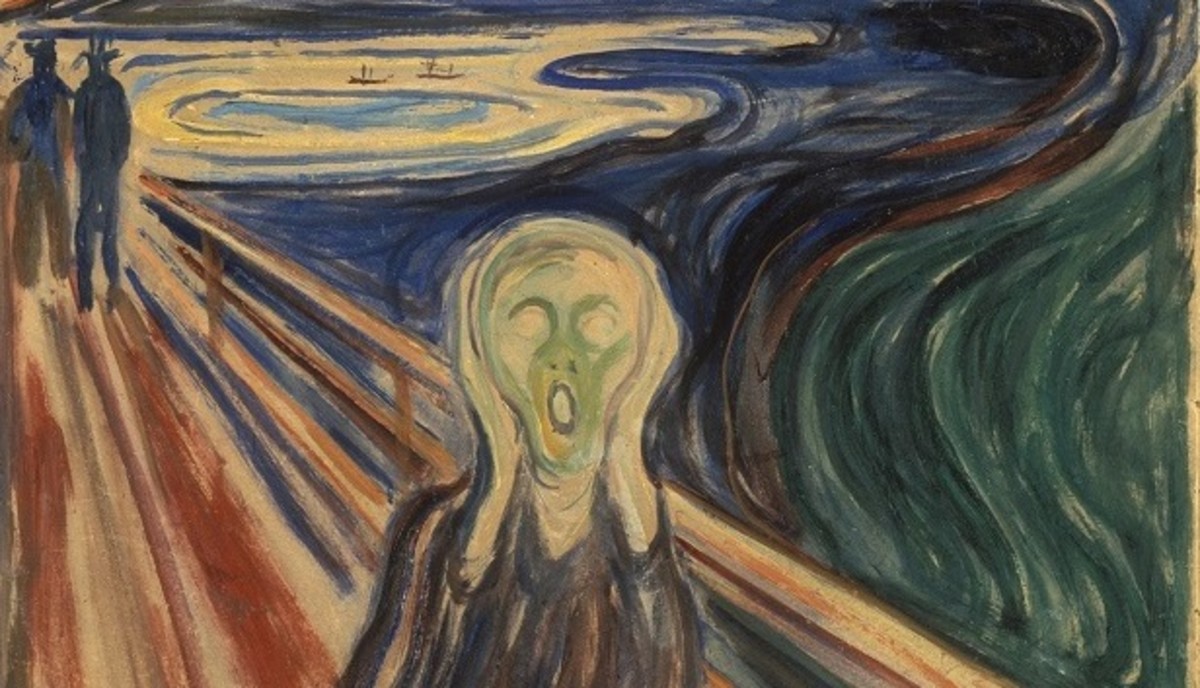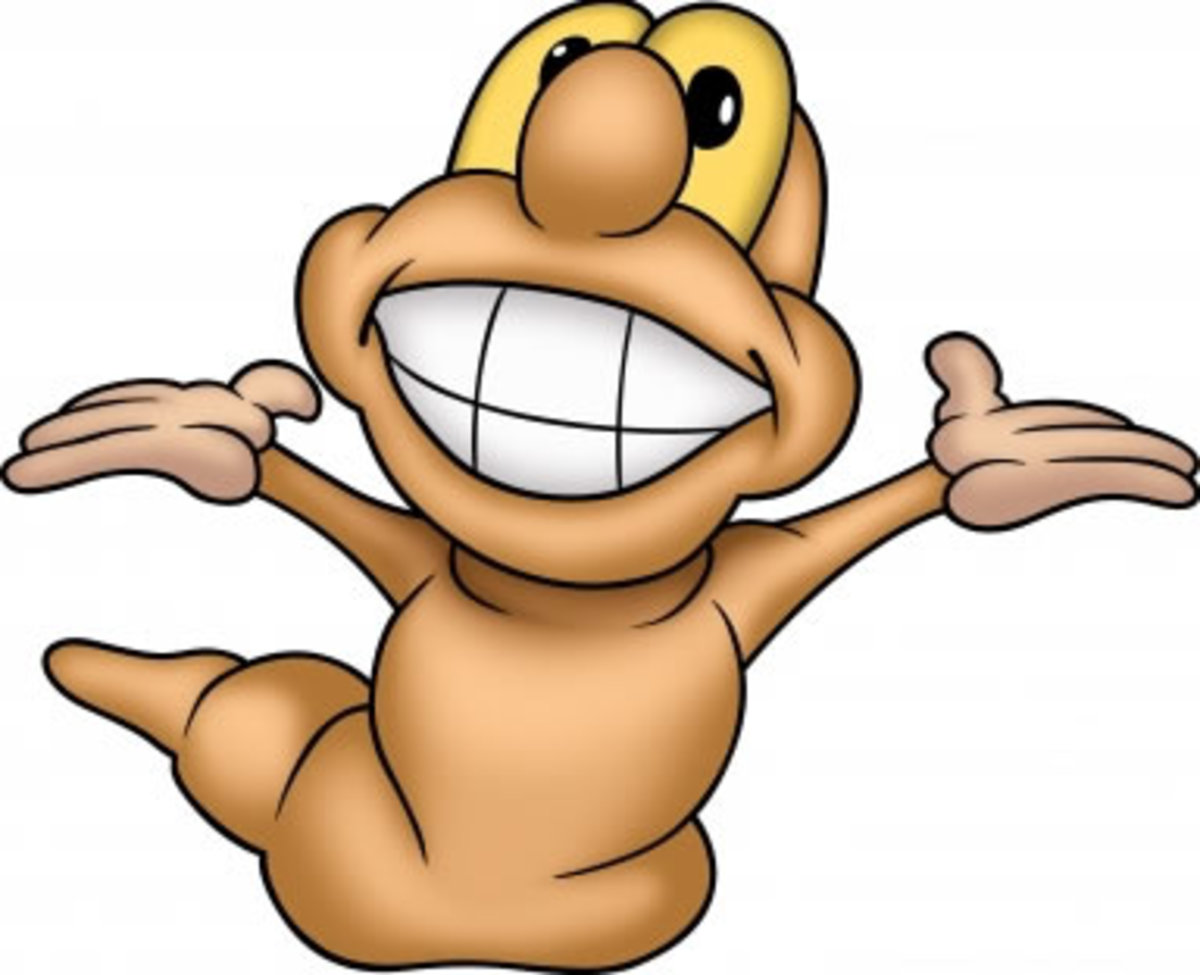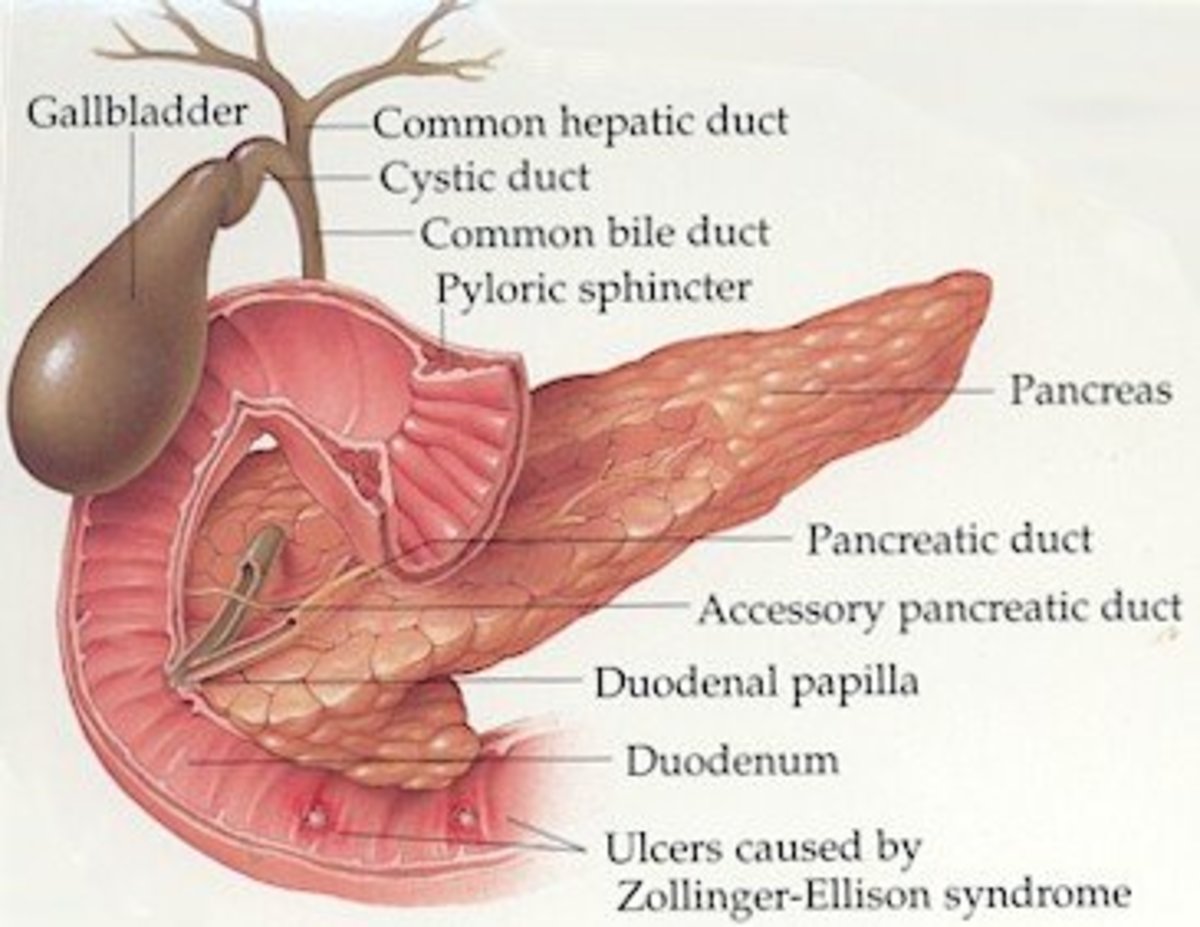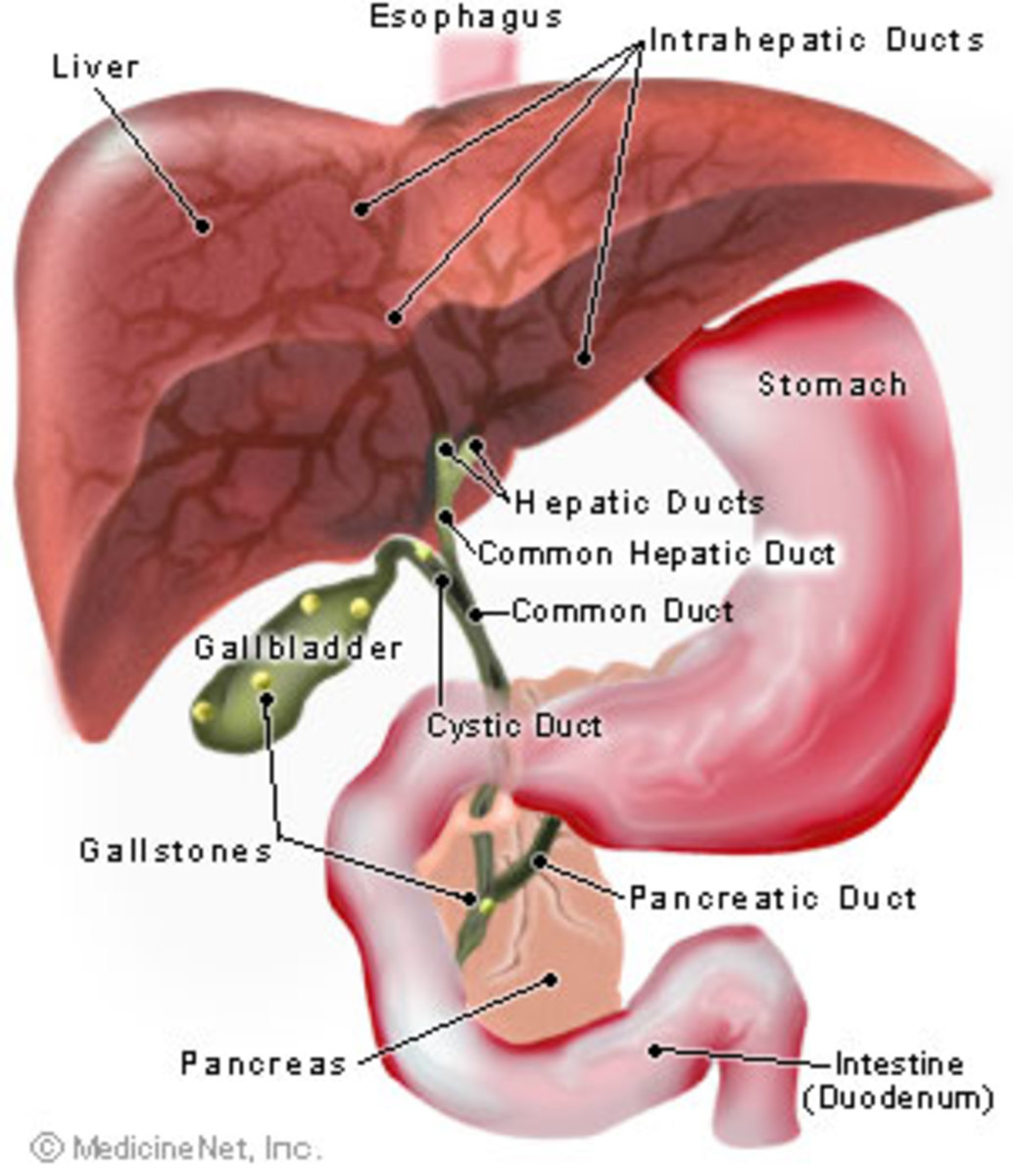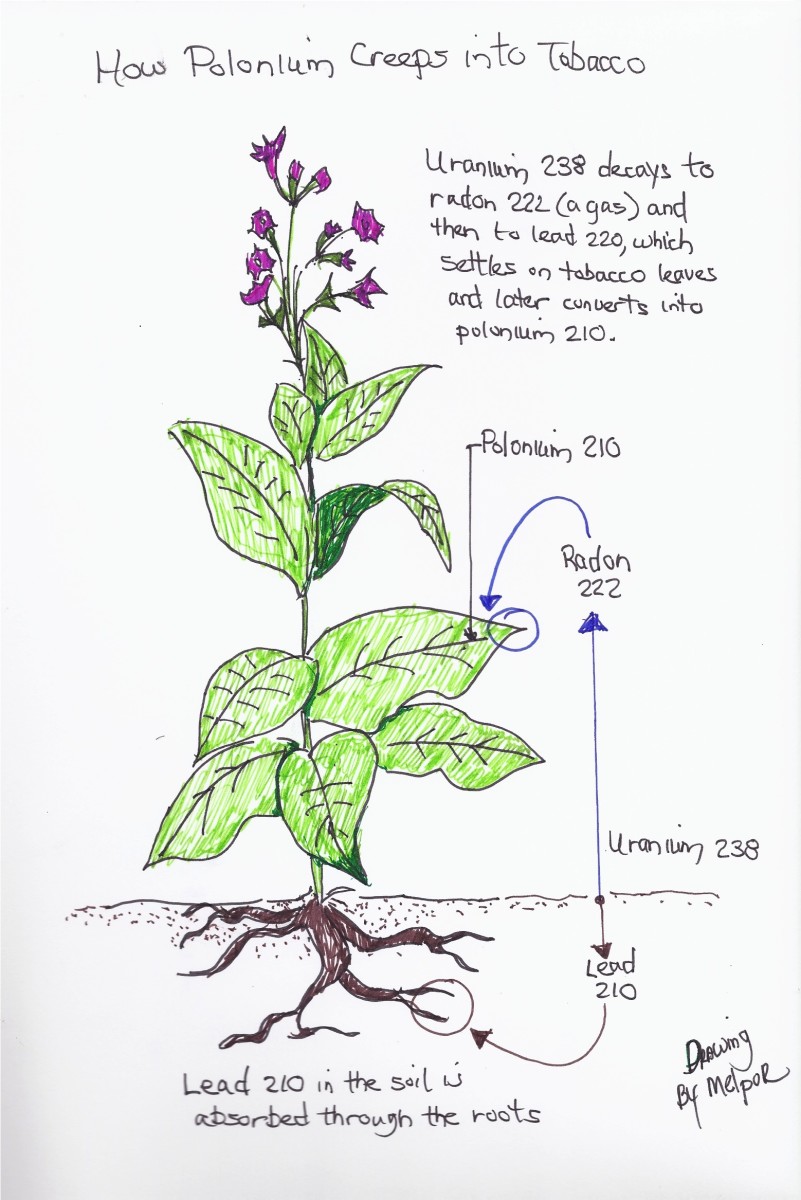Hope for OCD Sufferers

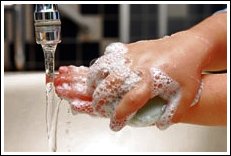
Obsessive compulsive disorder (OCD) is classified as an anxiety disorder. Those suffering with it usually recognize their behavior and thoughts are irrational, but even so, feel unable to stop them.They are generally characterized by having obsessive thoughts and compulsive behaviors so extreme they significantly interfere with daily life. These obsessions and thoughts are involuntary, repetitive and seemingly uncontrollable.
They are also often noticed by those around them. Someone who checks a stove every 10 minutes to make certain it’s turned off is bound to be noticed. Hands scrubbed raw for fear of contracting some dreaded disease is also hard to miss. But just because someone has obsessive thoughts or exhibits compulsive behaviors doesn’t mean they have OCD. It’s when these thoughts and behaviors began wreaking havoc with daily life and relationships one should seek help.
Most people with OCD fit into one of these categories:
· Washers: Fear of contamination. Excessive cleaning or hand-washing.
· Checkers: Repeatedly checks things that can cause harm…like doors being locked or iron is unplugged.
· Doubters: Fear something bad will happen if everything isn’t in perfect order.
· Arrangers: Obsessed with order and symmetry. Often superstitious.
· Hoarders: Can’t discard things fearing bad things will befall them if they do.


However, not all have both obsessions and compulsions. Some have just one or the other. Those who experience obsessive thoughts may have certain fears and focus attention on such things as:
· Causing harm to themselves or others.
· Sexually explicit or violent thoughts.
· Religious or moral ideas.
· Fear of losing things you might need.
· Order and symmetry: Everything must line up perfectly.
· Excessive attention to superstitions.
Compulsive behaviors can include:
· Repeatedly double checking things, including loved ones to ensure they are safe.
· Nervous tapping, repeating certain words.
· Excessive washing and cleaning.
· Arranging things in perfect order.
· Excessive praying excessively or being overly zealous in religious rituals.
· Hoarding.
OCD usually occurs between adolescence and young adulthood, but many adults are also afflicted with it. Sometime symptoms often mimic those of other disorders, such as Attention Deficit Disorder, autism, and Tourette’s syndrome. So a thorough examination is advisable before any diagnosis is made. Therapists most often recommend cognitive behavioral therapy, sometimes in combination with antidepressants.
Basically there are two components to cognitive behavioral therapy: Exposure and response prevention and Cognitive therapy. In the first as the name suggests, a patient is repeatedly exposed to their obsession, then instructed to refrain from performing behavior normally practiced to relieve their anxiety. Gradually, a patient can gain some control over their thoughts and behavior.
Cognitive therapy teaches effective ways of dealing with obsessive thoughts with options other than compulsive behavior. It begins by realizing the thoughts are a result of OCD and nothing more than false messages from the brain and must be refocused on something else. Even if the thought can’t be made to go away, it doesn’t mean it can’t be ignored and practice restraint.
Family therapy for OCD is also recommended as they are also directly affected. It can foster understanding of the disorder reduce conflicts and teach what they can do to help. Group therapy has also been shown to be an effective tool.
There are many self-help tips in addition to therapy. Engaging in other activities when symptoms arise is helpful. Walk, jog, work on a hobby, read or listen to music. The urge will normally subside to the point it can be controlled. Maintaining a healthy, balanced lifestyle can be a tremendous help.
Get adequate sleep eat healthy and avoid use of nicotine and especially alcoholic beverages, since they are a depressant and can contribute to the disorder. Practice relaxation techniques. Meditation, yoga, deep breathing exercises and physical fitness training may help.

